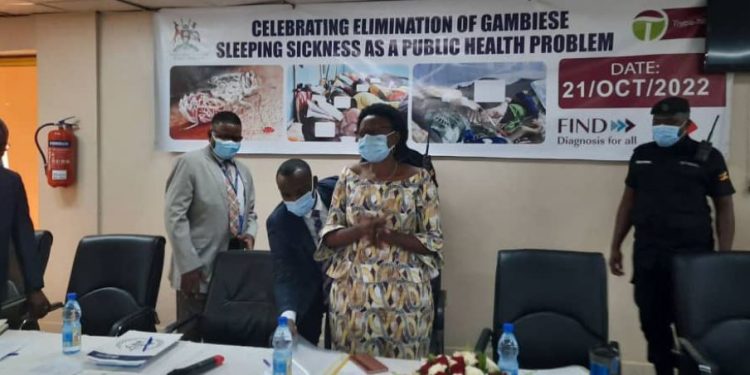The Ministry of Health on Friday said the country has eliminated sleeping sickness as a public health problem.
The ministry in a tweet attributed the success to intense surveillance, tsetse fly control, and individual case management.
The ministry said the disease was a big burden in the West Nile region, putting more than 2 million people at risk.
According to the World Health Organization, the disease is endemic in 36 African countries.
Sleeping sickness is transmitted to humans by tsetse fly bites which have acquired their infection from human beings or animals harboring the parasites, according to the WHO.
Sleeping sickness symptoms include fatigue, high fever, headaches, and muscle aches.











